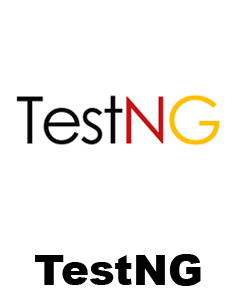1. What are the different kinds of software testing?
Ans:
Software testing comes in various forms, with the most common being manual testing, where testers execute tests without automation tools, and automation testing, which uses tools to run tests automatically. Other key types include functional testing (verifying specific features), performance testing (checking speed, load, and scalability), security testing (identifying vulnerabilities), unit testing (testing individual components), and integration testing (checking how components work together).
2. How is verification different from validation in testing?
Ans:
Verification means checks if the software is built correctly according to the plan or design. It's like reviewing documents, code, or designs before testing starts. Validation checks if the software works as expected and meets the user's needs. This is done through actual testing of the software.
3. What do you mean by defect life cycle?
Ans:
The defect life cycle is the process a bug goes through from when it’s found until it’s fixed and closed. It usually starts as “New,” then moves to “Assigned,” “In Progress,” “Fixed,” “Tested,” and finally “Closed.” This cycle helps teams keep track of bugs and ensures they’re resolved properly.
4. What are test cases and why do we use them?
Ans:
A test case is a step-by-step instruction to test a specific function or feature of software. It includes input, expected result, and actual result. Test cases are important because they help testers to confirm that all features are working correct and help avoid missing any problems.
5. What does a test plan mean?
Ans:
A test plan is a formal document that defines the scope, approach, resources, schedule, and activities for testing. It specifies what will be tested, how it will be tested, who will perform the tests, what tools will be used, and the timelines involved.
6. What is the difference between white-box and black-box testing?
Ans:
White-box testing is when testers know the internal code or logic of the software and test it from the inside. Black-box testing is when testers do not see the internal code and only test the output based on input. In simple terms, white-box tests the “how,” and black-box tests the “what.”
7. What does regression testing mean?
Ans:
Regression testing means retesting the software after a change is made, such as a bug fix or new feature, to ensure old features still work properly. It helps avoid breaking something that was already working.
8. What is boundary value analysis in testing?
Ans:
Boundary Value Analysis (BVA) is a technique that focuses on testing input values at their limits or boundaries. For example, if the valid input range for age is 18–60, you would test values like 17, 18, 60, and 61 to identify potential edge-case errors.
9. What is equivalence partitioning in software testing?
Ans:
Equivalence Partitioning splits input data into groups either valid or invalid. All values in a group should act the same way. You then test just one value from each group instead of testing every possible input This saves time while still ensuring thorough checks of the software.
10. How do you prioritize test cases in manual testing?
Ans:
In manual testing, you usually start by testing the most critical and high risk features first. The order of test cases is determined by their significance to the business, how often they are used and their likelihood of failing. This method helps identify major issues early in the testing process.


























